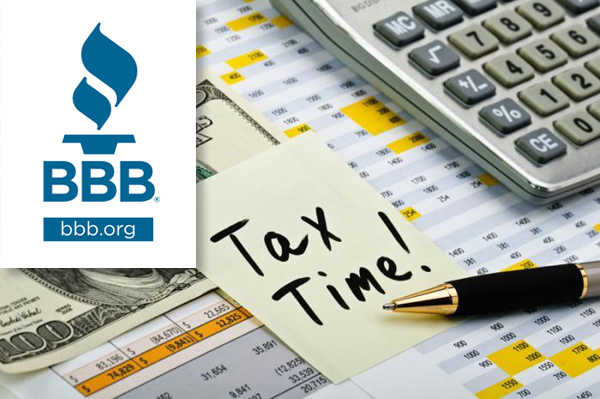
Every year, people in our region file their income tax forms. It happens once a year, but people inevitably forget some of the basics in filing taxes. There are weird letters and number combinations of pages that taxpayers must submit, and if you own a business, it can be much more complicated.
Many people decide—whether because of owning a business or a lack of knowledge about the ever-changing tax laws—that finding a trustworthy tax preparer is a good idea. That said, not all tax preparers have the same level of experience and training, and might not be the best person for your situation. Here are four different types of tax preparers and descriptions of each, so you can feel better about what you choose to do this tax season.
Certified Public Accountants (CPA): CPAs generally have a college degree (or the equivalent in work experience). They are licensed after passing a state professional qualifying exam. They are highly skilled in accounting. This makes them good candidates for difficult tax planning and preparation if they are experienced in handling tax matters and enrolled in continuing education programs that keep them informed of changes to tax laws. If your return is quite complicated, a CPA may be your best choice for tax preparation, but keep in mind they will charge more than basic tax preparers.
Enrolled Agent (EA): An EA is a tax preparer that must have either previously worked with the IRS or passed an intensive two-day exam on federal taxation. An EA must have also completed a background check. To maintain EA status, they must complete a specified number of credit hours each year for continuing education in accounting methods and tax regulations. An EA may work independently or as part of a firm and may specialize in specific areas of tax law.
An EA is a good option if you have a more complicated tax situation. However, you’ll want to make sure their area of expertise applies to your situation. Fees and availability may vary, but you can expect an EA to charge less than a CPA. An EA is also qualified to help you with financial planning and give you tips that could help you reduce your taxes in the future.
Attorneys: Tax attorneys generally charge the highest fees as tax preparers. For taxpayers looking to shelter part of their income legally, or for those who need specialized advice on municipal bonds, estate planning and the like, hiring a tax attorney is a good option.
Non-Credentialed Tax Preparers: There are about 700,000 people who work as non-credentialed tax preparers in the United States. They often work part-time or only during the tax season. These preparers must have an active preparer tax identification number (PTIN) through the IRS, but beyond that, the regulation of tax preparers is done at the state level. In the vast majority of states, anyone can prepare tax returns for others without having to take an exam, get a license or comply with other government regulations.
Most tax preparers are legitimate and competent, but keep in mind that without a national license requirement, they may be working off of their research and experience. Because of this, it is important to conduct a thorough interview with the tax preparer before hiring them.
Do not be afraid of taking the time to make a decision, and always resist any pushy sales tactic. Remember to check online reviews and ask for local personal references. For more tips on taxes and other topics, visit bbb.org/tips and be sure to visit bbb.org to find accredited businesses and independently verified reviews.












